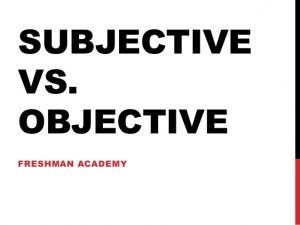Model turned actress Ruby Rose performed as the lead for the first season of Warner Bros. Television version of Batwoman. She left the show after that season and recently made serious accusations against other actors, the production staff, and the crew.
Ruby Rose claims both her serious injuries and another’s occurred on set because of negligence and corner cutting. In addition, Ruby Rose claims there was pressure to return to work while still injured and that several fellow actors were abusive to women on set.
Batwoman
Batwoman, now in its third season, continues to receive reasonably good reviews and moderately decent ratings for the network it is on. There is a lot of ill-feeling toward Batwoman because it is generally considered to promote a “Woke” agenda. Ruby Rose herself is an outspoken proponent of the LBGTQia+ (yes, I had to look that up) community.
Needless to say, there are quite a few outspoken people happy to believe both the worst and best about Ruby Rose and her accusations. That being the case, I’m seeing plenty of hot opinions on these accusations.
The Response
The actors accused of behaving in a toxic fashion deny it completely. The company claims it was Ruby Rose who behaved badly on set. Warner Bros. claims they fired her because of her own bad behavior, showing up late, treating crew badly, not knowing her lines, storming off set in a rage on multiple occasions.
What Really Happened
It’s likely we’ll never really know what happened but my suspicion, without any kind of conclusive proof, is that Ruby Rose is exaggerating minor events and possibly even fabricating much of what happened. If that’s true, then why is she doing it when it’s pretty clear those she accused will dispute her claims?
One of the strange things in human nature is the ability to become completely delusional about reality. It’s my opinion that is in play here with Ruby Rose. She’s surrounded herself with Yes People who fuel this delusion. Online she gets endless support from those who tie their own belief system to that of Rose and they will support anything she says.
Conclusion
Here is where I think I’ll lose everyone reading along, nodding their heads in complete agreement, the Ruby Rose haters. I honestly think former President Trump, and many of his allies, engage in this practice almost constantly. They are surrounded by True Believers who tolerate the most abhorrent behavior and fuel it to levels of delusional insanity.
We must disagree with people we like and support when they do things with which we disagree. If we don’t, we create evil monsters, capable of damage beyond comprehension. If we continue down that road this country is in serious trouble.
I say to you, stand up for what is right, no matter who says it. Fight against what is wrong, no matter the source. The world will be a better place.
Tom Liberman



















